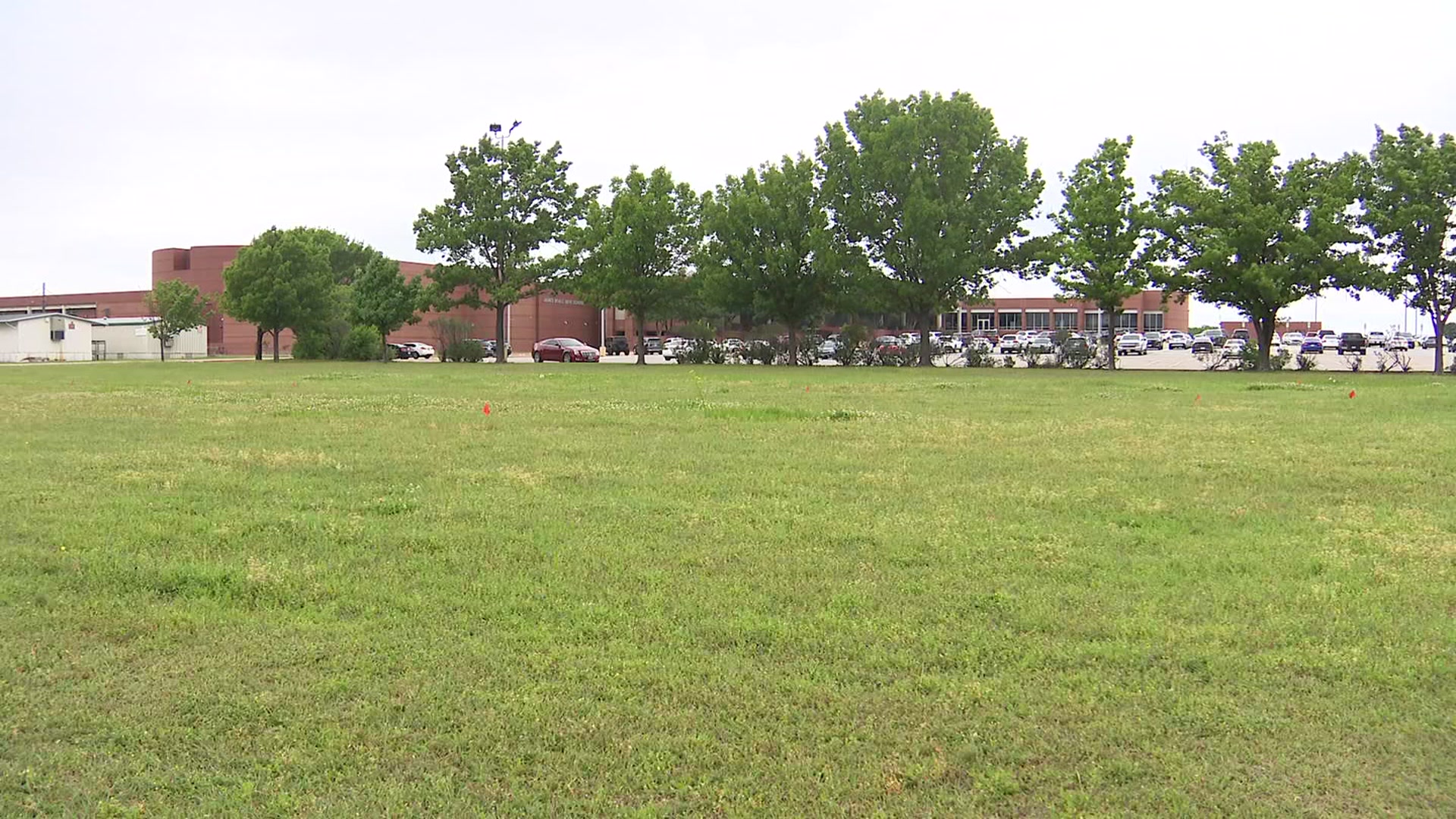The Bureau of Labor and Statistics says Black laborers make up just 6% of construction professionals. The City of Fort Worth has made a move that some hope with be the first of many like it. History was made with the first Black woman-owned business selected as the top firm for capital projects.
Deryl McKissack has endless stories to tell. Like the time she was hired for a job and the manager expected a man to walk through the door.
“Showing up to my first job at a major construction company, my name being Deryl, and the big boss comes out and says, “where is he?’” said McKissack.
And then there was another disturbing experience at a different job.
Get DFW local news, weather forecasts and entertainment stories to your inbox. Sign up for NBC DFW newsletters.
“Going to a job site and my boss displayed the confederate flag as big as the wall behind his desk 24/7,” she said.
McKissack said being a Black woman in the architecture, engineering and construction industry hasn’t been easy. She’s now the president and CEO of McKissack & McKissack. Even with extensive experience and proven success, she runs into questions about her qualifications.
“Every time you go after a major project, you’re always questioned,” she said. “No matter how many memorials you put on the national mall, which we’ve done a lot of. How many schools have we built, managed the construction of or designed. Every time we go to the next one, it’s always a question.”
Local
The latest news from around North Texas.
She makes no apologies about what keeps her motivated, saying she likes to win. And she did win. McKissack & McKissack made history as the first Black woman-owned firm to secure the role as prime contractor with the City of Fort Worth.
From beginning to end, they’ll oversee several planning projects in the community, including the design and building phases. Kimberly Shaw, CEO of the Regional Black Contractors Association, said this is what North Texas needs more of.
“They’re starting to realize there are things that can be improved upon. And a lot of people are starting to ask, ‘How can we help? What can we do?’” said Shaw.
The RBCA works with government agencies and municipalities to put Black contractors to work. They’ve also launched a second chance workforce development program for those who’ve been formerly incarcerated.
“We advocate for Black contractors and we have a very cyclical approach. We work with leaders in the communities in our industry to create those equitable opportunities,” said Shaw. “The construction industry has a huge demand for workforce laborers and we definitely have the supply if we can get the opportunity to get them to work.”
Shaw said a win for McKissack’s is a win across the board.
“You have this model where the business owner is thriving. The business that they hire to subcontract with is thriving. And the people that live in the underserved communities who are able to work on the projects are thriving,” she said.
McKissack says if the experience and know-how add up, the solution is quite simple.
“Let’s give minority firms large contracts and prime contracts,” she said.
For more information on the Regional Black Contractors Association, visit https://blackcontractors.org/about-us/



